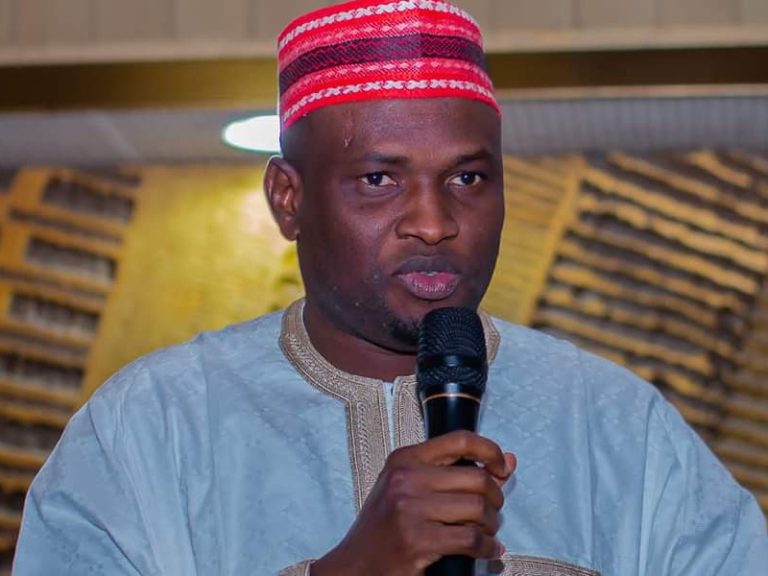
Screenshot
 The past decade in Africa was rightly celebrated for its digital leap.
The past decade in Africa was rightly celebrated for its digital leap.
Mobile money platforms like M-Pesa propelled financial inclusion from 23 per cent in 2007 to over 60 per cent today in Sub-Saharan Africa, connecting millions to the formal economy.
However, this revolution was largely one of efficiency, digitizing existing processes to be faster and more accessible. As we enter the next decade, a more profound transformation is emerging, one that will redefine the corporate landscape: the shift from simple digitization to the era of agentic AI.
These are not mere tools for automation but systems capable of strategic reasoning, complex decision-making, and autonomous execution within defined parameters. This evolution demands a complete strategic rethink, moving beyond static five-year plans to dynamic, adaptive models of governance and growth.
STRATEGIC DISCONNECT: THE HIGH COST OF ‘ISLANDS OF AUTOMATION’
Many African corporates have embraced digitalization, but a critical gap remains in strategy.
A 2023 African Development Bank report found that while over 70 per cent of large enterprises use AI, mainly for chatbots and analytics, fewer than 15 per cent apply it to strategic decision-making.
Too often, AI is viewed as a cost-saving tool rather than a transformative capability, creating ‘islands of automation.’ A logistics firm may save 15 per cent on fuel using AI, but without linking it to inventory or forecasting, it misses bigger opportunities.
The real value lies in system-wide AI integration, which drives exponential growth, agility and market resilience.
QUANTIFYING THE SHIFT TO PROACTIVE GUIDANCE
Agentic AI’s value lies in its ability to move organizations from reactive problem- solving to proactive guidance. For instance, a study by McKinsey estimates that AI-driven dynamic pricing and promotion models can increase revenues by 2-5 per cent in retail and tourism sectors — key growth areas for Africa.
An agentic AI system wouldn’t just suggest a price change; it would autonomously execute it across thousands of products in real-time, responding to competitor moves, inventory levels, and demand signals, all within gross margin guardrails set by management.
This fundamentally redefines leadership. Executives are freed from operational fire- fighting to focus on higher-order strategy: defining AI’s objectives, interpreting its nuanced insights into market shifts, and managing the ethical boundaries of its autonomy.
The essential question for a CEO evolves from “How do we fix this bottleneck?” to “What mission should we set for our AI capabilities to enter a new market or design a more resilient supply chain?”
This requires intentional organizational redesign, building workflows where AI agents manage core functions and human capital is upskilled to collaborate, challenge and oversee these systems.
BUILDING TRUST AS AN ECONOMIC ASSET
True transformation in this new age cannot be purely technological; it must be human-centered. For African corporates, this is both a strategic and an economic necessity.
Firstly, building trust starts in the boardroom. A PwC survey found that 85 per cent of CEOs believe AI will significantly change their business over the next five years, yet fewer than half feel prepared for the associated risks.
This gap in strategic literacy is a direct threat to governance and competitiveness. Secondly, the benefits of AI must be architected for inclusivity from the start.
With over 60 per cent of Africa’s population under the age of 25, and women constituting a growing entrepreneurial force, AI strategies that fail to include these demographics risk exacerbating inequality and missing massive economic opportunities.
The World Bank estimates that closing the gender gap in Africa could add $316 billion to the continent’s GDP by 2025. AI-driven platforms that provide women entrepreneurs with personalized access to credit, market linkages, and skills development are not just ethical — they are powerful engines for growth and social stability.
FROM ADOPTION TO ORGANIZATIONAL ADAPTATION
The path forward demands more than adopting technology; it requires transforming the entire organization.
This begins with a strategic audit:
• Talent: Are we reskilling leaders to work with AI, or just deploying new tools?
• Strategy: Is our plan adaptive, using real- time insights, or locked in static models?
• Governance: Do we ensure ethical AI use, data privacy, and stakeholder trust?
The African companies that will thrive are those that fuse human intelligence, cultural insight, and ethical leadership with the power of AI.
Their advantage won’t just be speed, it will be resilience, foresight, and relevance, creating lasting value across the continent’s evolving markets.
The writer is a strategic foresight advisor specializing in Artificial Intelligence, and the CEO of Otic Group.



